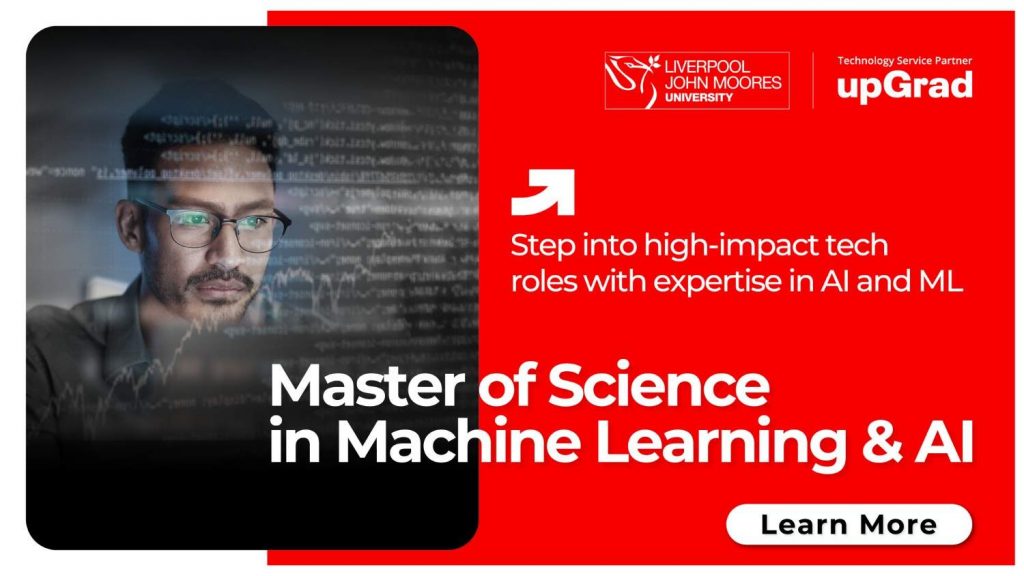Do you wish to learn programming for beginners? You’re certainly on the right track, going by the rapidly rising demand for qualified programmers worldwide. A majority of global business sectors are undergoing digital transformations due to technologies such as blockchain and AI. At the same time, this is opening up newer career pathways across fields such as cybersecurity, data science, cloud computing, mobile development, and software development.
Computer programmers earn high salaries today, with the median salary standing at $98,670 annually (as of 2024). Also, reports forecast 6,400 job openings per year in the field between 2023 and 2033. It is the best time to get started if you want to learn coding for beginners. Let’s take a look at some key aspects below to write your very first code.
Programming for Beginners: How to Write Your First Code
Wondering how to start coding? This beginner-friendly guide walks you through the basics of writing your very first lines of code with ease.
| Step | Description |
| Step 1 | Choose a Beginner-Friendly Language. |
| Step 2 | Set Up Your Programming Environment. |
| Step 3 | Learn Basic Syntax and Concepts. |
| Step 4 | Write Your First Program. |
| Step 5 | Practice Through Mini Projects. |
| Step 6 | Use Online Learning Platforms. |
| Step 7 | Join Communities and Forums. |
| Step 8 | Debug and Refactor Your Code. |
Step 1: Choose a Beginner-Friendly Language
It’s better to start with a simple language such as JavaScript or Python (simpler syntax and broader applications). These languages are widely used and offer plenty of beginner resources and community support.
Step 2: Set Up Your Programming Environment
You can consider installing VS Code or other code editors. Another option is an IDE (Integrated Development Environment) for editing, writing, or running code.
Step 3: Learn Basic Syntax and Concepts
Learn the fundamental concepts carefully. These include variables and control structures (loops, conditionals), along with data types, and other functions.
Step 4: Write Your First Program
Start with simpler programs like Hello, World!, or even a calculator to enhance your knowledge of concepts and syntax.
Step 5: Practice Through Mini Projects
Start practicing by applying your knowledge through smaller projects to reinforce skill sets and learn how to improve. You can also take up coding challenges.
Step 6: Use Online Learning Platforms
There are several online resources and learning platforms where you can keep learning. Try courses from upGrad along with resources like Daily.dev, Codecademy, and GUVI, to name a few.
Step 7: Join Communities and Forums
You can interact with fellow programmers through forums and online communities, including Stack Overflow, Reddit, etc. It will help you get answers to your questions and prompt support.
Step 8: Debug and Refactor Your Code
Identify code errors and fix them with proper debugging strategies. At the same time, refactoring helps you improve not just the code structure but also readability.
Also Read: Top Data Scientist Interview Questions in Singapore
Key Concepts Every Beginner Programmer Should Know
If you are interested in how to learn coding, let us examine some concepts that every beginner should know.
- Variables- They are containers that store and manipulate data in programs. Variables also have names and hold values of particular data types. These include Booleans, strings, integers, and floats.
- Control Structures- This is one of the key concepts if you’re interested in how to learn programming for beginners. Control structures help with program flow control. They are vital if you want to write programs that can understand complex logic easily.
- Functions & Methods- Think of them as reusable blocks of code that you can use throughout the program.
- OOP (Object-Oriented Programming) – OOP is a unique mechanism that aims to create various objects containing both data or attributes and behaviour or methods.
- Data Structures – Data structures are tools used to organize and manipulate data effectively, utilizing various data structures such as arrays, linked lists, stacks, queues, and trees.
- Algorithms- They are step-by-step procedures that help solve problems or carry out tasks.
- Version Control- Git and other version control systems enable developers to track codebase changes and collaborate effectively.
Also Read: Top Data Science Tools Every Singapore Professional Should Learn
How upGrad Helps Beginners Start Their Programming Journey with Confidence
upGrad is your one-stop destination for programming for beginners, offering a diverse range of online courses and valuable benefits tailored to support new learners at every step.
- Curated and expert-led courses with 100% flexibility for beginners.
- Certificates and recognition upon completion.
- Structured pathways towards career development.
- Hands-on mentorship and guidance for learners.
- Free courses to get started with concepts.
- Practical assignments/projects to reinforce foundational concepts.
Explore these online data science courses through upGrad!
- Master of Science in Data Science, Liverpool John Moores University
- Executive Diploma in Data Science and AI, IIIT Bangalore
- Post Graduate Certificate in Data Science & AI (Executive), IIIT Bangalore
FAQs on A Beginner’s Guide to Programming
Q: What programming should I learn as a beginner?
Ans: Python is the best option for beginners due to its simple and readable syntax. Hence, it is a popular choice if you’re new to coding.
Q: How long does it take to learn programming?
Ans: It all depends on your overall proficiency and how well you understand core programming concepts. The average timeline may range from a few months to years.
Q: What are the easiest programming languages for non-tech people?
Ans: HTML and Python are two of the most accessible programming languages for beginners and those coming from non-technical backgrounds. Other options include Scratch and JavaScript.
Q: What are some common beginner coding mistakes to avoid?
Ans: Look to avoid errors such as creating unreadable code, not taking syntax errors seriously, and also underutilizing debugging tools.
Q: What is Object-Oriented Programming?
Ans: OOP is a system that aims to create multiple objects that contain data and attributes, as well as behavior and methods.









